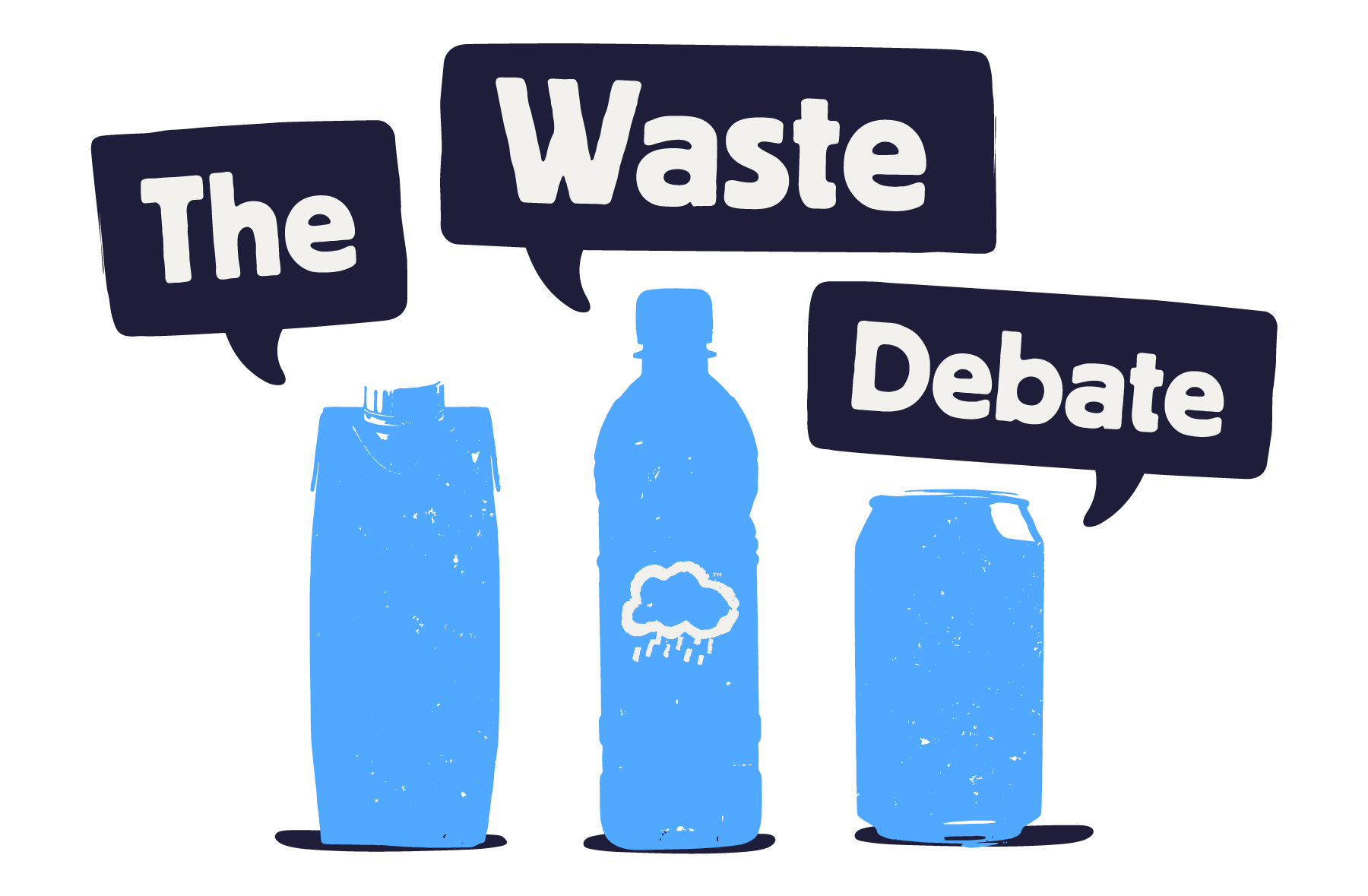November 1, 2024
The Waste Debate
Never has there been more conversation about the environment and how we as humans are impacting it. As we write this Greta Thunberg is due to arrive in New York any minute after a very uncomfortable sail boat journey across the Atlantic to highlight the urgency of climate change. We have always done our best to be at the forefront of good environmental practices, we invested heavily in wind and solar energy back in 2014 and have found some ingenious ways to reduce our carbon footprint through clever design and good practice. You can read more about these on our environmental page.
However, we realise the debate is larger than us and in terms of packaging can be quite complex. We are hearing from our customers that the more facts and information that we can share about our choices and how we take responsibility for our impact, the better. All of us are demanding more from the companies we buy from and therefore invest in. We realise it is a choice, and an important one at that. The climate issue is an urgent one and it’s essential that all of us tackle it head on. So with this post we’d like to dive into the difficult question of waste, and provide some context as to why we choose to use rPET in our water bottles, and maybe even debunk some myths about alternative packaging along the way.
With any product that you buy, what you are holding in your hands is the result of a long line of processes with many choices for the manufacturer along the way. The problem is that sometimes we have so little information to go on to make good choices. Sometimes we might just have the brand label or strapline to go on, there is of course a lot of money in appearing to be green, so these might not be the most reliable indicators. Sometimes even doing your research online won’t provide all the information you need, because the company might not be able, want or even think to provide all the facts about their products carbon footprint.
When considering a companies environmental credentials we need to think about everything from the manufacturing process to the staff’s environmental behaviours. For example, if they use green energy to power production, how much transit is involved in getting materials to them and the product to you, what material is used for packaging and how green their providers are. Phew!
What are the alternatives?
We try to make considered choices across the board at Princes Gate and when thinking about what packaging to use for our water our choice of rPET bottles is based on the fact that, perhaps surprisingly, it is still the most ecologically sound option, all things considered. Other options might include using cans, but the carbon footprint is bigger for this material. Cans use more energy and produce more emissions in their manufacture than rPET whilst also requiring the mining of raw natural materials. They cost more and aren’t as functional for those wanting a drink on the go.
Another relatively new option being employed by those in the drinks industry are the tetra cartons. These don’t provide a realistic alternative for us as their carbon footprint is more than double that of rPET, this is in part because the material that it’s comprised of is imported and uses 6 times more water during production. We want to avoid as much as possible single use of any packaging material and tetra doesn’t include any recycled content at all. Also, tetra is a lot more difficult to recycle due to the different layers it consists of. In fact only 66% of local authorities collect tetra, whilst 99% of authorities collect rPET for recycling.
Recycle! Recycle! Recycle!
We’re busy planning some fun campaigns to help spread the message about just how vital the recycling of plastic bottles is. If all of our bottles were recycled after use then the plastic used would go on and on, there would be minimal energy used and no waste going to landfill. Our bottles already contain over 51% recycled plastic and we have just launched a 100% recycled bottle. But we want every last one of our bottles to be 100% recycled British plastic, so less transit and minimal carbon footprint. To achieve this we need your help, so be sure to enjoy your bottle of Princes Gate, then crush it, cap it and recycle it!




